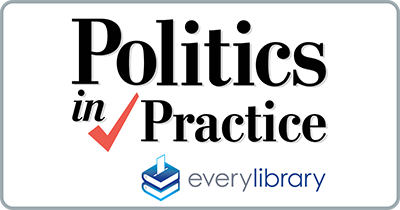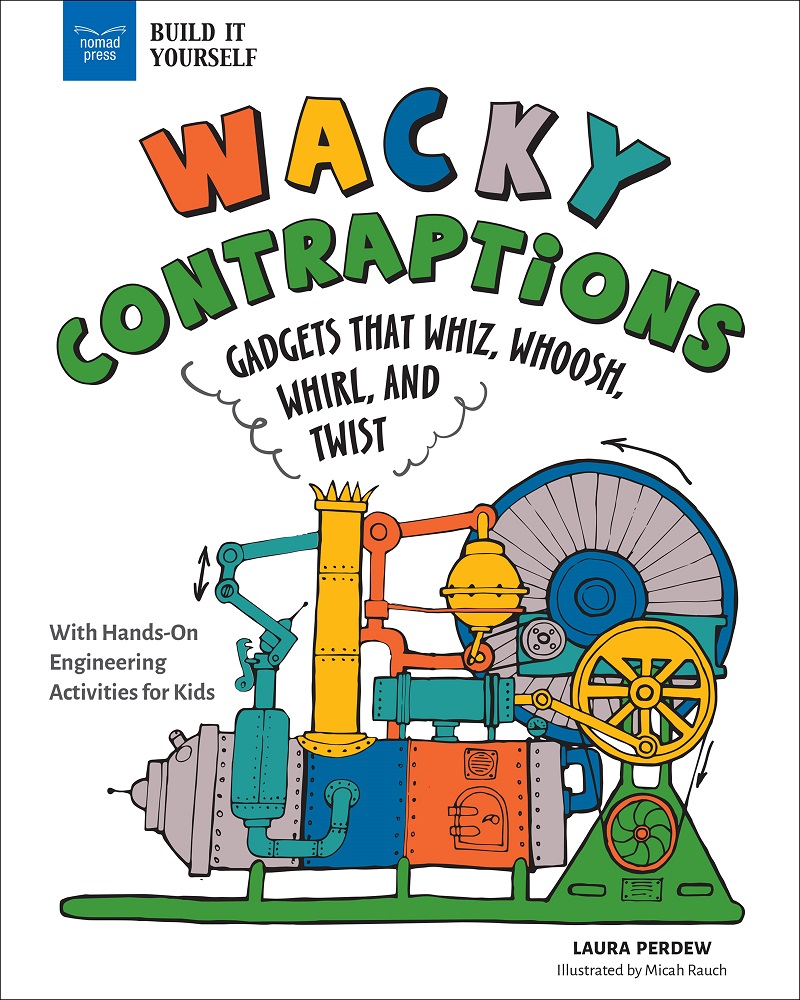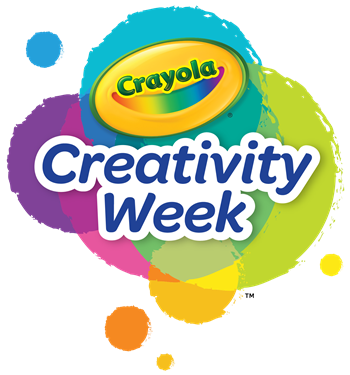Six Types of Legislative Witnesses: Rethinking Testimony and Messaging
When a bill is considered, the testimony and messaging surrounding it can influence whether it progresses or stalls. School librarians often rely on one approach to advocacy: sharing heartfelt stories about how libraries benefit children. While these stories are impactful, they are not the only way to convey their message.
In reality, there are at least six types of witnesses who bring messages to hearings, the media, and the public sphere. Each type serves a distinct purpose.
1. The Affirmative Witness: This is the witness most commonly envisioned: an individual who testifies in support of a beneficial bill. Their message is straightforward and optimistic. Students are helped, schools are strengthened, and systems improve when the proposal is approved. Every advocacy campaign needs affirmative witnesses.
2. The Cautionary Witness: Cautionary witnesses illustrate the consequences of inaction or the potential success of a harmful proposal. They emphasize risks and negative outcomes, such as students being left behind, increased costs for schools, or weakened communities. Legislators need to understand both the benefits of success and the dangers of failure.
3. The Corrective Witness: In an age of misinformation, corrective witnesses play a crucial role. Their task is to clarify when opponents misrepresent facts about school libraries or mischaracterize librarians’ roles. A corrective witness calmly sets the record straight, ensuring that information is accurate.
4. The Rebuttal Witness: Rebuttal witnesses take it a step further. While corrective testimony explains, rebuttal testimony actively challenges misinformation or bad-faith arguments circulating in the legislature or media. These witnesses address falsehoods directly, demonstrating why they are untenable.
5. The Policy Witness: Some audiences need to hear about the impacts on students and communities, while others are concerned with whether a bill is constitutional, enforceable, or aligned with existing laws. Policy witnesses provide this perspective, focusing on legal precedents, governance, and processes. Their testimony resonates, especially with legislators who prioritize the mechanics of lawmaking.
6. The Validator Witness: Lastly, the validator witness includes educators, students, parents, or adjacent policy professionals who vouch for the veracity of what the school librarian stakeholders are saying by highlighting what is at stake for education overall. These witnesses remind everyone that legislative debates have real-world implications affecting actual people.
Many school library advocates feel comfortable as affirmative or experiential witnesses, but fewer adopt corrective, rebuttal, or policy roles. Effective advocacy necessitates all six types of witnesses. Legislatures are diverse; some members respond to personal narratives, while data, legal precedent, or the risks of unintended consequences sway others.
Preparing witnesses across this spectrum strengthens every advocacy campaign and ensures that school libraries’ voices are multifaceted. We can affirm, caution, correct, rebut, explain, and humanize, all in service of protecting the right to read and shaping the future of education.
For more on this topic, please view the August 2025 SLJ Webinar with John Chrastka and other state-level library advocates at “Librarians, Legislation, and Media Training: Successfully advocate for libraries in legislature and your local community.”
Filed under: Advocacy, Legislation
About John Chrastka
EveryLibrary’s founder is John Chrastka, a long-time library trustee, supporter, and advocate. John is a former partner in AssociaDirect, a Chicago-based consultancy focused on supporting associations in membership recruitment, conference, and governance activities. He is a former president and member of the Board of Trustees for the Berwyn (IL) Public Library (2006 – 2015) and is a former president of the Reaching Across Illinois Libraries System (RAILS) multi-type library system. He is co-author of “Before the Ballot; Building Support for Library Funding.” and “Winning Elections and Influencing Politicians for Library Funding”. Prior to his work at AssociaDirect, he was Director for Membership Development at the American Library Association (ALA) and a co-founder of the Ed Tech startup ClassMap. He was named a 2014 Mover & Shaker by Library Journal and tweets @mrchrastka.
ADVERTISEMENT
ADVERTISEMENT
SLJ Blog Network
Which Publisher Has Won the Most Newbery HONORS This Century?
Winnie-the-Pooh Celebration Week: Day 1 – The Complicated History of a Silly Old Bear
Rodeo Hawkins and the Daughters of Mayhem | Review
Rumor Has It: Kids Battle Online Misinformation in NOTHING TO SEE HERE, a guest post and cover reveal by Barbara Dee
Kelly Yang on Storykind
ADVERTISEMENT






